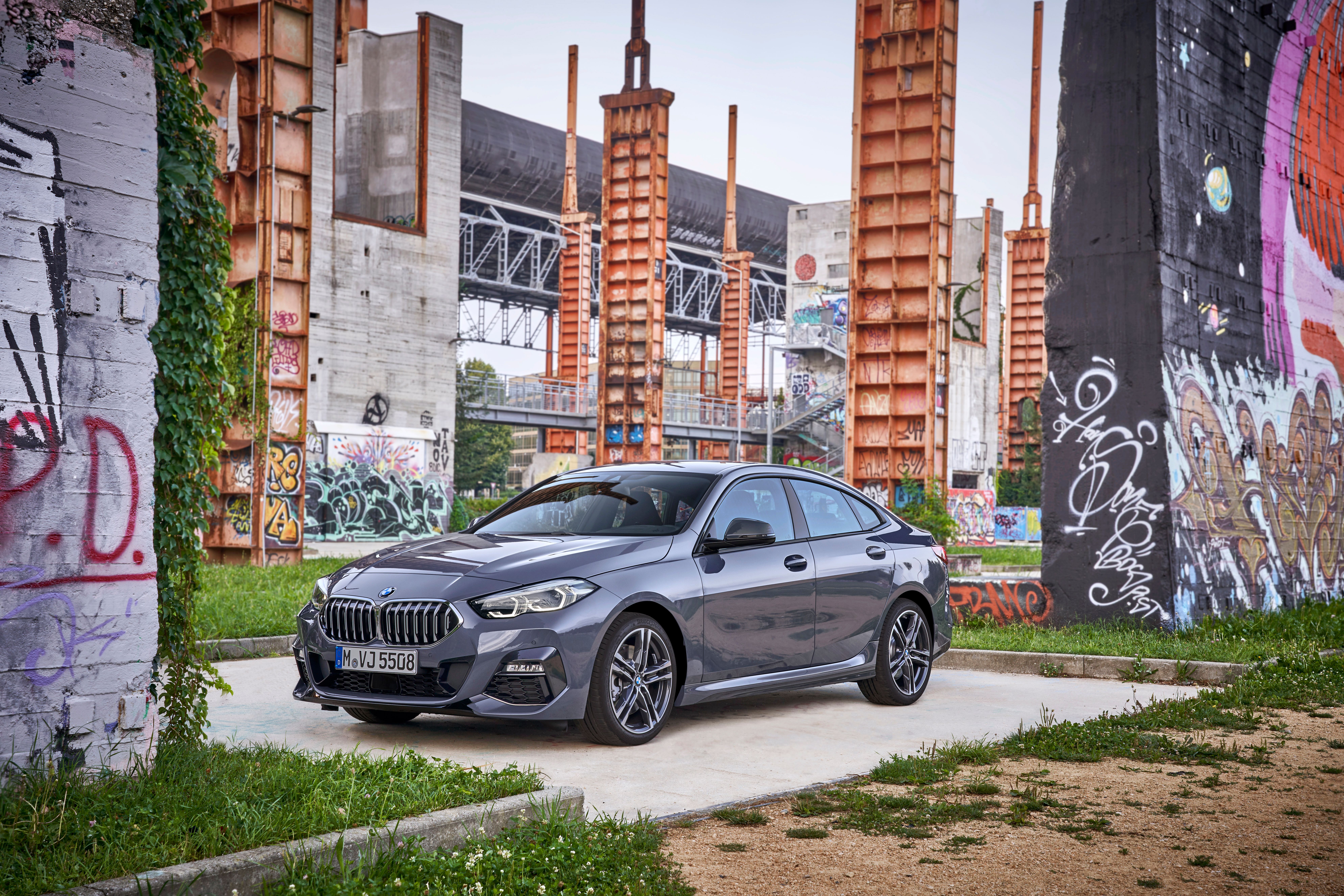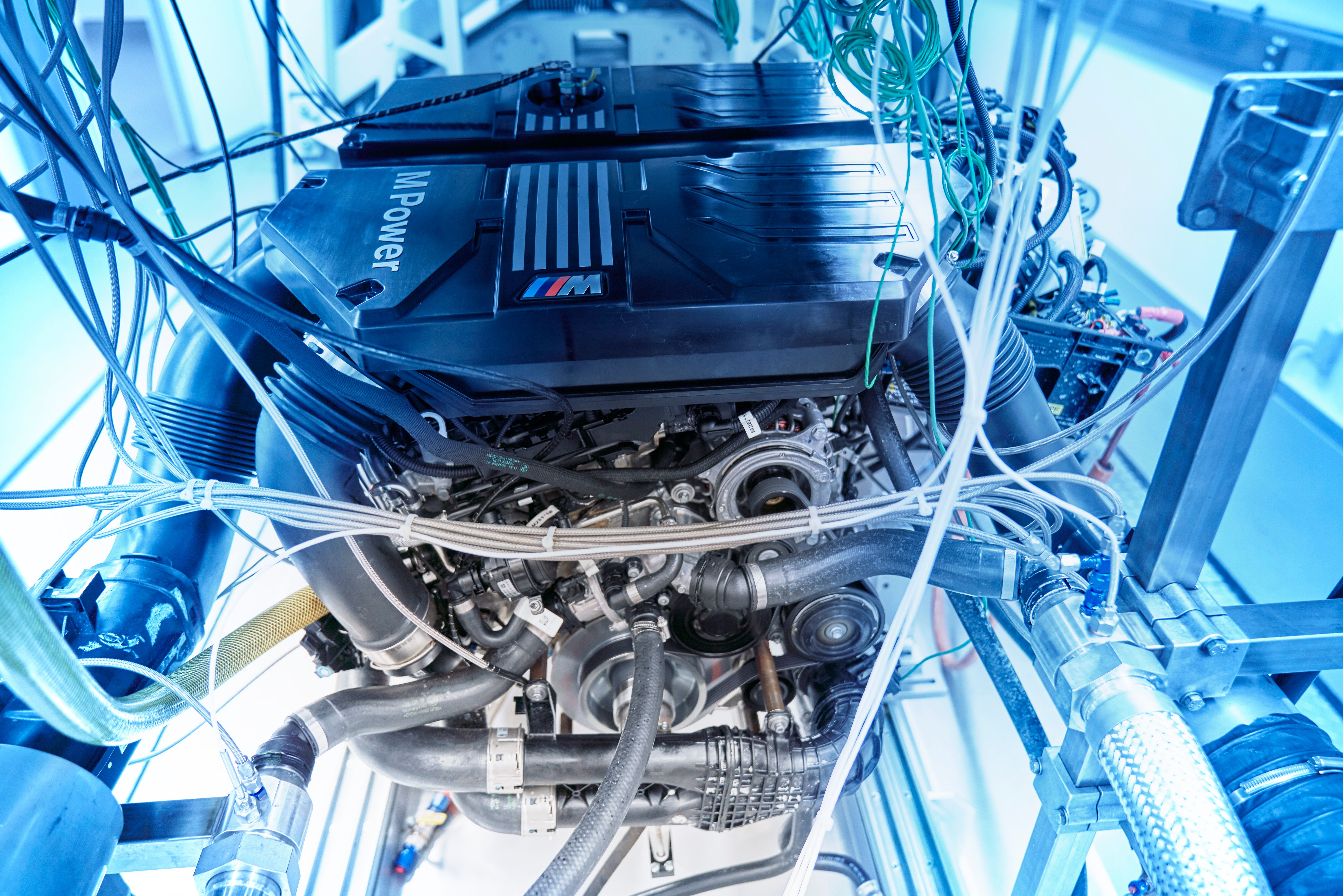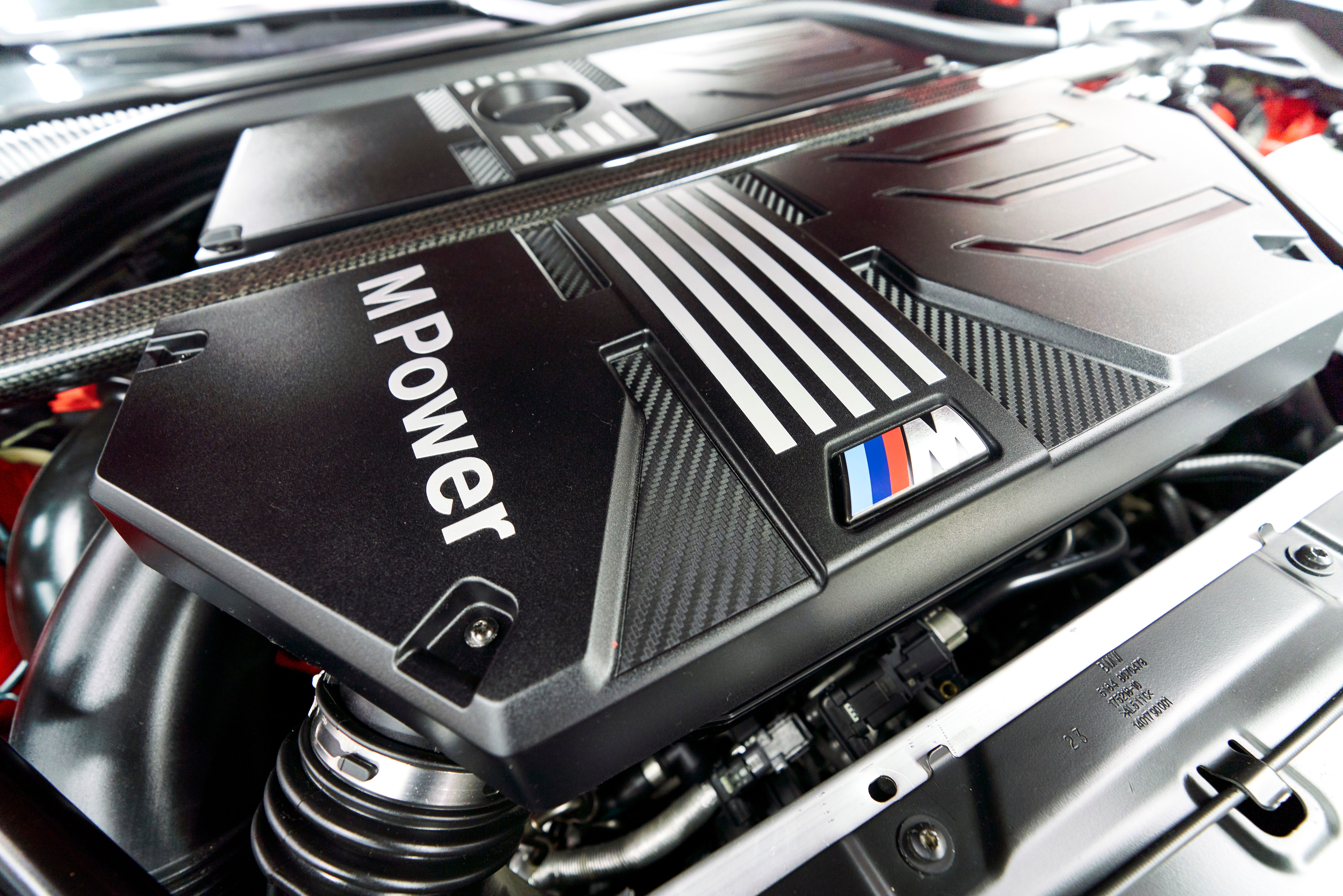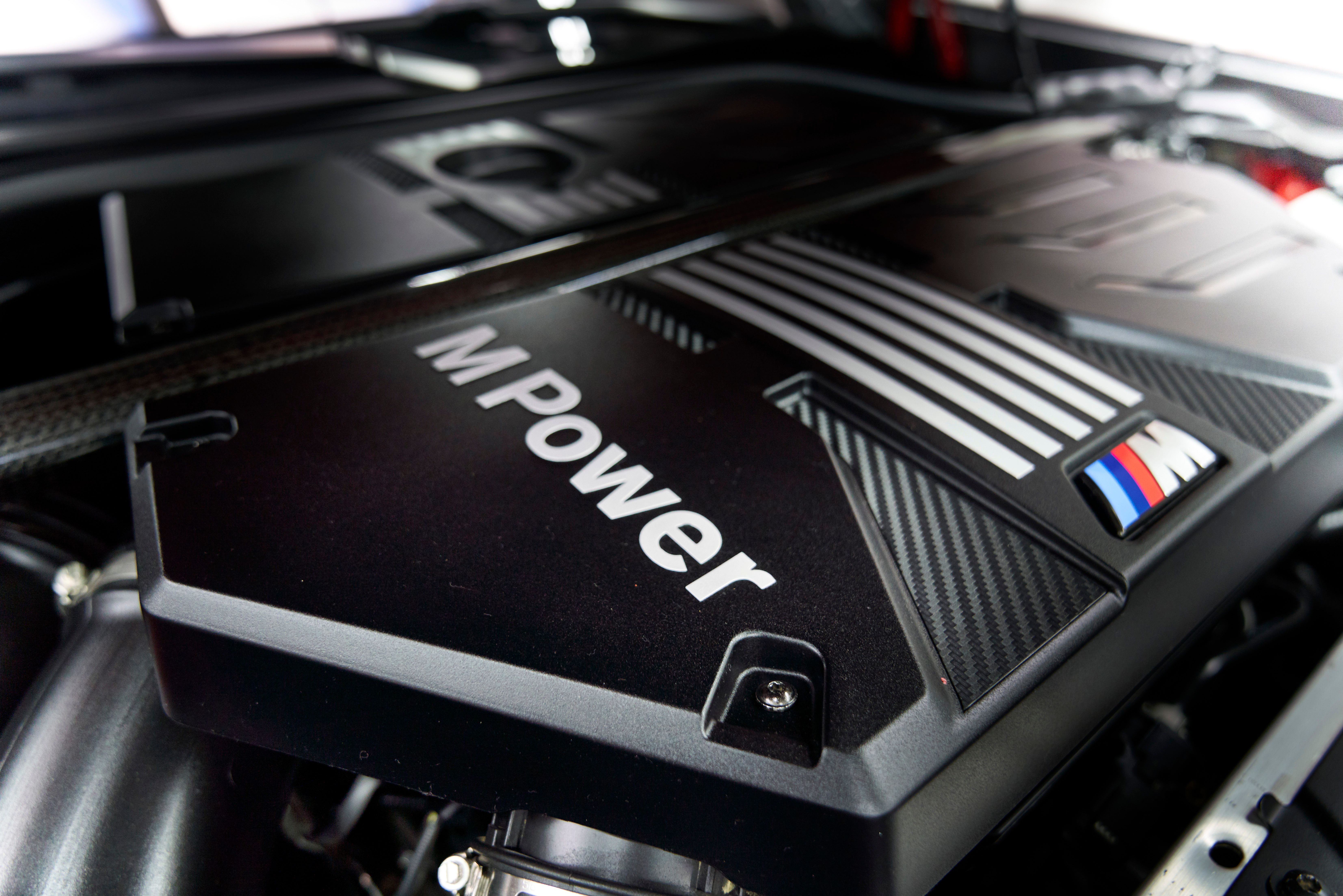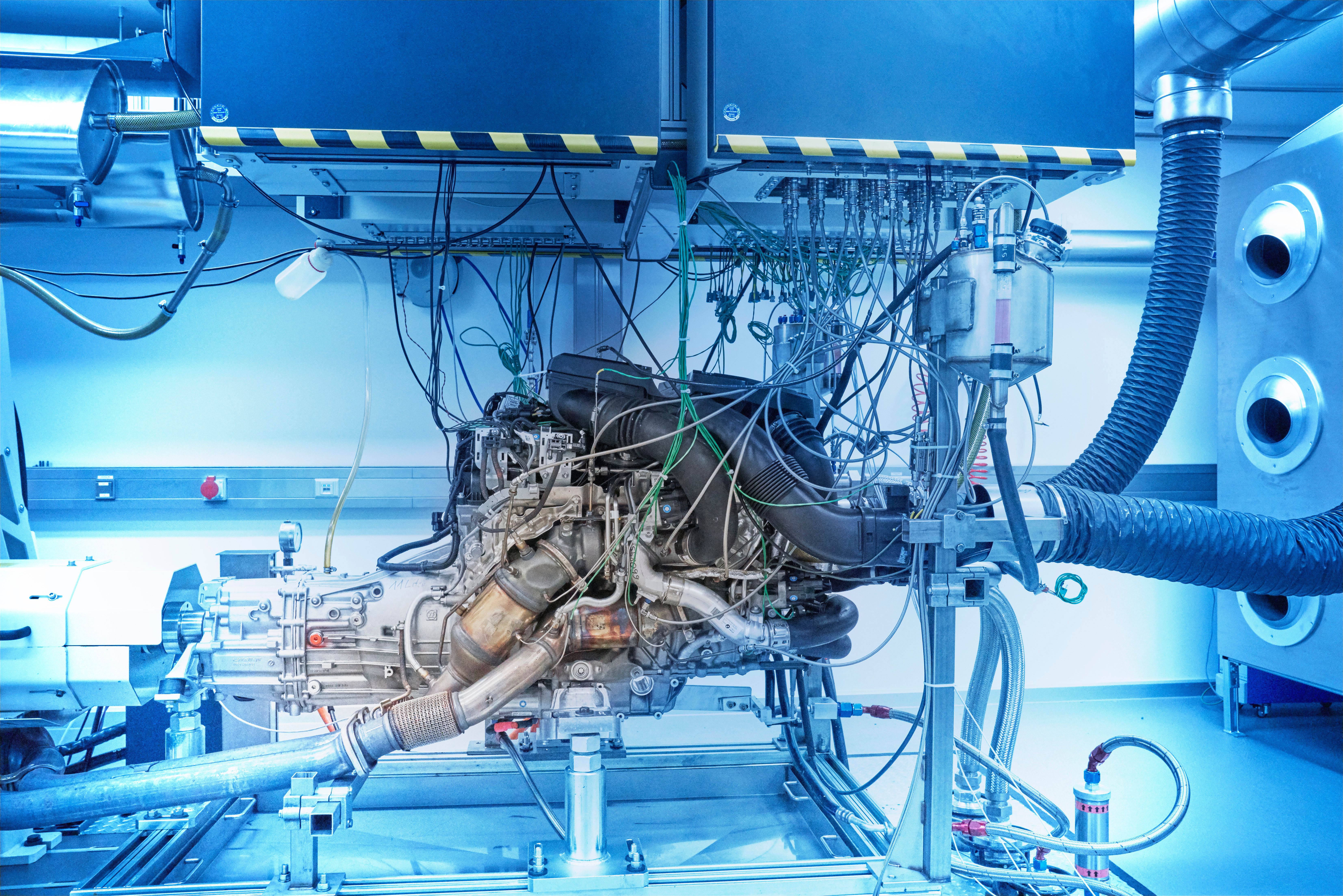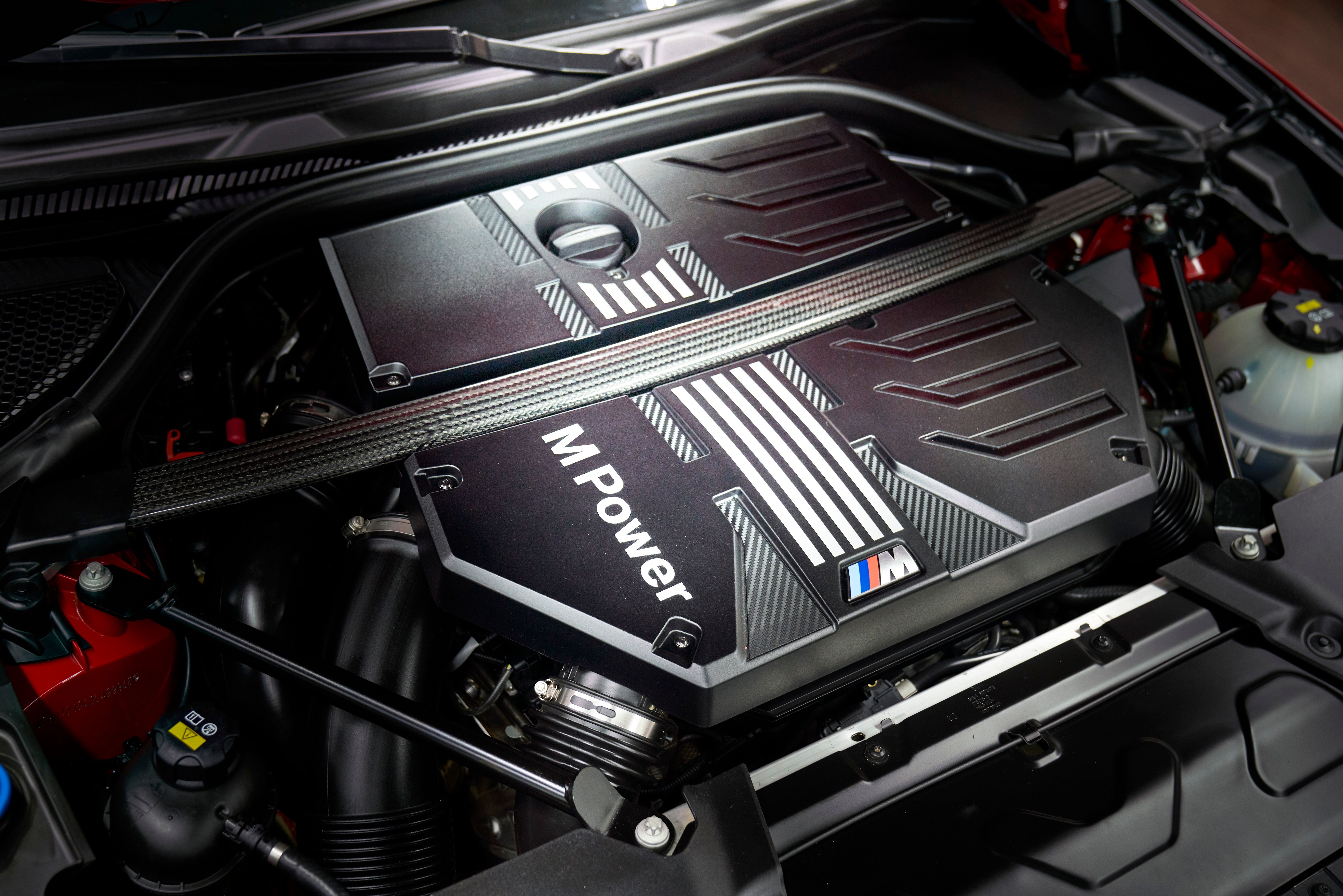It’s no surprise that with the advances in electrification that automakers are starting to thin out their engine offerings. Just a few years ago, for example, you could buy Mercedes-AMG C63 with a big, beefy V-8 engine. Today, however, the entire C-Class lineup will only be offered with a four-cylinder. Mercedes has a good reason, of course, but it’s a clear sign of how much the industry is changing. So is the introduction of cars like the BMW i4 or the recently leaked BMW i4 M50. Now, we have word that BMW is actually about to kill off some 50-percent of its engines, leaving us with one major question: What BMW engines stay and which ones go?
BMW Is Thinning Its Engine Lineup to Make Way for the Future
With the leak of the BMW i4 M50 and the news that the first electric M car will sound like a spaceship, it’s kind of hard to wonder what the company’s lineup will look like in 10 years. There’s even rumors that the next-gen BMW M3 will end up being an all-electric car, so you could say that we might be approaching a pivotal point in the company’s history. Now, a new report from Motor Authority is doubling down that notion by saying that BMW is cutting over half of its engine and drivetrain variations, and it’s going to happen in the next few years.
But, wasn’t the last thing we heard that BMW wasn’t going to abandon the gas-drinking engine anytime soon? Well, it was, outside of the news in early 2020 that BMW wasn’t committing to an end date for internal combustion engines. That was a relief since a 2014 report claimed the company would phase them out completely by 2024 – I guess we’ve found a true middle ground, or compromise, or whatever you want to call it.
Why Is BMW Killing Off Its Engines?
BMW might be focusing a lot on its electric future, but that’s not the complete reason behind the trimming of engines and drivetrain offerings. In BMW’s Annual General Meeting, BMW Group Chairman, Oliver Zipse discussed that trimming the lineup will reduce complexity while at the same time allowing the company to continue producing the engines that are still in demand.
To an extent, this makes sense. If an engine isn’t in high demand, why continue to produce it right? Still ,what engines will hang around and what won’t? Well, BMW Blog believes that fanboys and hardcore enthusiasts shouldn’t be worried. According to them, BMW will keep around the famed straight-six and probably the 2.0-liter four-banger while dropping the various 1.5-liter three-cylinders. Cars that originally had the three-cylinder engines will probably get detuned and (probably) more efficient versions of the larger four-cylinder – assuming there’s a business case for them, of course.
This means that cars like the BMW M2, M3, and M4 will carry on as you know them now, at least for now. There’s still a good chance that next-gen M cars will go hybrid or maybe even electric. If it doesn’t happen in the next 4 or 5 years, it will probably happen by 2030 as the company slowly makes its transition into being a full-on EV producer.

